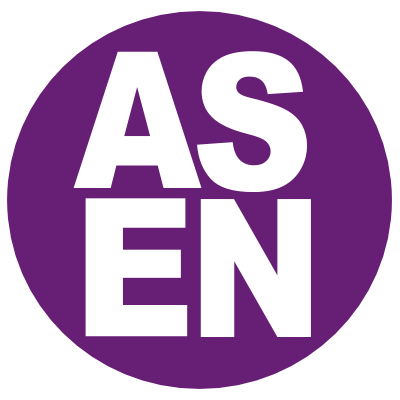This year’s Anthony D. Smith Visiting Fellow, Timo Aava, speaks on his research on non-territorial autonomy. We’ll be live on Facebook and YouTube or you can join us in person in room PAN.9.04 at the LSE.
The talk will discuss new findings on the theoretical discussions and the implementation of non-territorial minority self-government in Estonia during the first half of the 20th century. Based on the principle of non-territorial autonomy, Estonia introduced legislation in 1925 allowing minorities to establish self-government bodies to administer their cultural and educational affairs. This legislation was widely regarded as the most minority-friendly in interwar Europe. The talk will argue that this legislation and the debates surrounding it were a continuation of earlier discussions on the organisation of empires and the rights of nationalities, with which theoreticians and politicians had intensively engaged in the Habsburg and Romanov empires. The talk will offer a fresh interpretation of the emergence and functioning of this minority protection system and show that the Estonian case was part of a transnational debate over the nature of modern statehood and the rights of nationalities.
Timo Aava is a historian of modern Europe focusing on the history of political thought and minority rights. He holds a doctoral degree in history from the University of Vienna. He has held research positions at the Jacob Robinson Institute for the History of Individual and Collective Rights at the Hebrew University of Jerusalem, the Austrian Academy of Sciences, the University of Vienna, and the Vienna Wiesenthal Institute for Holocaust Studies. In addition to the Anthony D. Smith Visiting Fellowship at LSE, in the 2024-2025 academic year, he will hold academic positions at Yale University and Harvard University.

